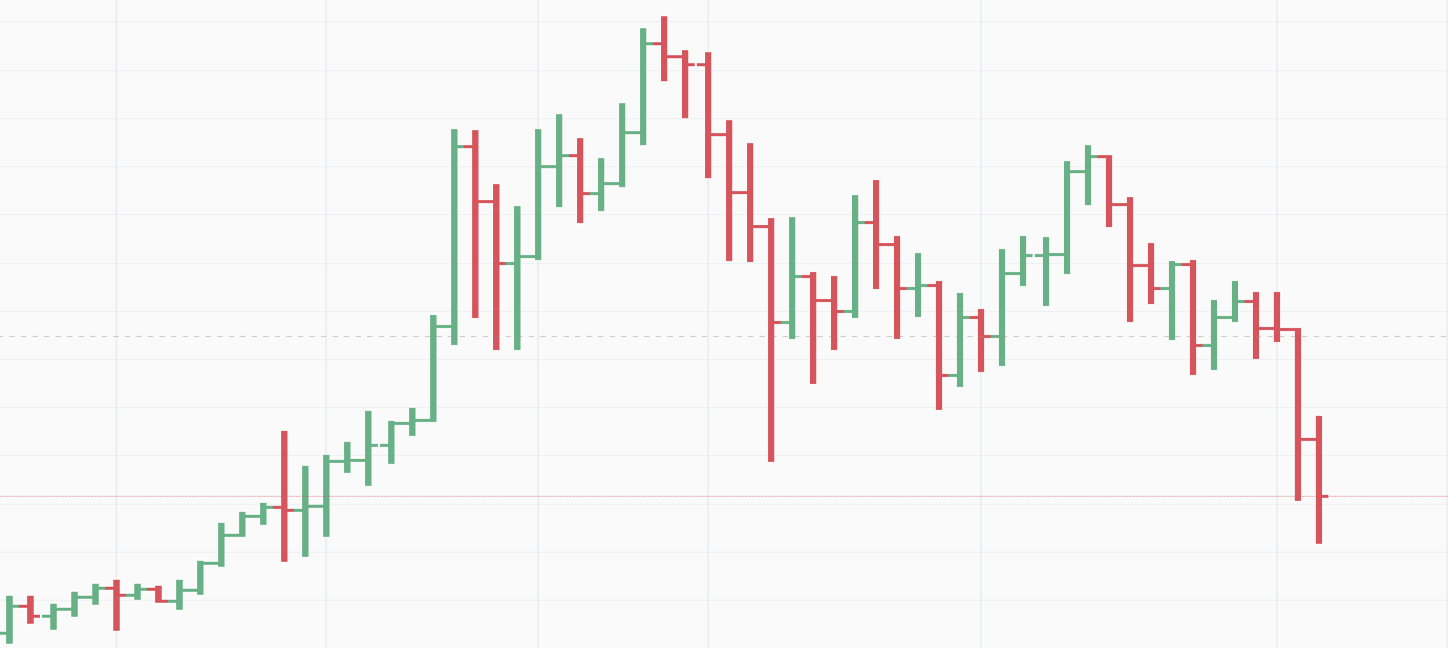
Bitcoin rose from 1,000 to 19,000 in a couple of months. Today it fell back to 10,000. If time is money, then what happened to people’s time? Is it lost?
We hear “time is money” so often that we forget what it means. When we say “time is money” we usually mean that those who save time will save money. “Time is money” because work takes time. But if time equals money, those who own money own other people’s time. Right?
Indeed, as employees, we agree to offer our work and time in return for money. We offer our time, and in return, we earn a certain amount of money. Time equals money means saved money is saved time, gained money is gained time and lost money is wasted time. Let’s make a timely example…
How much time did you lose today?
Buying Bitcoin, people have spent their saved time in return for electronic trust. The more people spent their saved time, the higher the value of Bitcoin as it amassed the time from its investors.
For those who invested early, one day of their time magically became 19 days. As people started selling their Bitcoin, the Bitcoin body started to lose time. In consequence, the saved time of those who bought late started to lose value. If you bought bitcoin at 19,000 and sold it today, you lost half of the time you invested. Someone else now owns your time. Why? Because they performed better than you. How is that possible?
Value
Here is the trick: Not everybody’s time has the same market value. The bigger your performance, the more you get per time unit. The money you have in your pocket represents not just the time you worked, but also the market value of your time. Your time is less valuable if your work doesn’t accumulate other people’s time. The more time from other people you can accumulate with your time, the higher your performance.
If time equals money, then those who own money own other people’s time. Jeff Bezos, the richest man in the World, owns $110,000,000,000 Dollars. The average American earns $60,154 per year. If time equals money, then Jeff Bezos owns 1,828,639 years of the average American’s life. In Somalia, he’d own 200,000,000 full human years. That is if money equals time. Is there no escape from that diabolical logic?
Quality
Saving money short term can waste time long term. In the long run, bad quality is expensive. A molded Ikea chair may look nice and cost a fraction of an original Eames chair, but chances are that it breaks in a couple of years and you need to buy a new one. Eventually, you lose money buying bad quality. In the end, you wasted money and, as we now understand, that means you wasted time.
Investing time can save money if you invest it in quality. This is a popular argument for selling handcrafted goods, brands and luxury merchandise. “It’s more expensive, but you will own it much longer!” Unfortunately, not everything that is more expensive will last longer. Sometimes you just pay for the brand. Sometimes a product is purposely more expensive to trick you into believing it is of superior quality. Often it’s a mix. It’s worth investing your time before you spend money. Attention and care can save time.
Using attention and care to find quality also applies to time itself. The quality time you spend with people you care about, at home and at work, doesn’t translate into Dollars.
Don’t be fooled. Not everything is countable, weighable, measurable. Not everything translates into money. In the end, your life is not measured in Dollars spent or saved, but in years spent well. No matter how much you earn, no matter how well you perform compared to Jeff Bezos, the most valuable possession you have is your time. Time is money, but not like 1+1=2. Knowledge is power. Power doesn’t equal knowledge.
